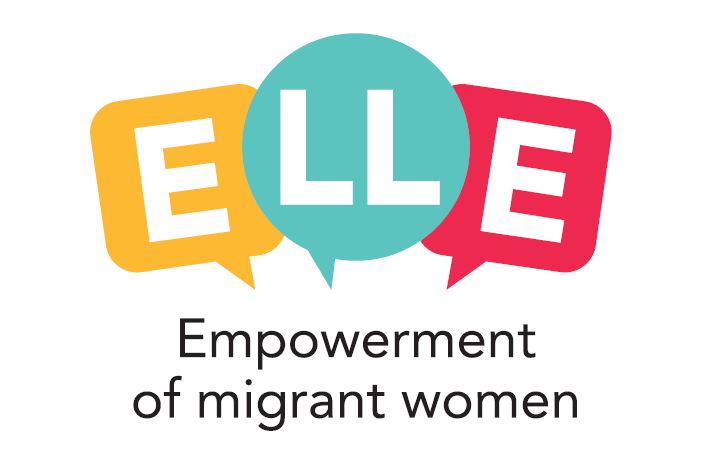Within the ELLE project, content development is ongoing across all partners. As INQS is developing content around assessing, evaluating and improving LESLLA training programmes for migrant women., we thought that we would share some of the developed content which is aimed at supporting teachers and trainers working in this area
As identified in previous learning units, language learning for migrants can be a very different process compared to most traditional training. Among migrant groups, low- educated adults go through greater challenges in achieving linguistic integration to a new environment – especially in the case of migrant women. Many members of this community may be unfamiliar with classroom interaction and dynamics – particularly with a view to traditional Western education. They may lack what are often dubbed “study skills”, such as contributing in-class, organizing learning material, or even doing homework. Research by Reder and Cohn (1984) has shown that when they learn a second language, they can often show slower progress and can also be more prone to “fossilization” (Selinker 1972) – which is where a learner can end up with a linguistic system (or “interlanguage”) that is self- contained and different from both the learner’s native or original language and the second language they are trying to learn!
The same is also true for assessment of LESSLA learners. Traditional assessment that we may use for other subjects may often be inappropriate. Indeed – research by the Center for Literacy of Quebec (2008) has identified that “there are no ideal assessment tools for ESL/FSL literacy because standardized tests are not optimal for LESLLA learners with little schooling.”. In light of this, there are a number of key elements and attitudes associated with assessment for LESLLA learners – in particular migrant women – which we should consider.

For more on the ELLE Project, please see https://www.elleproject.eu
